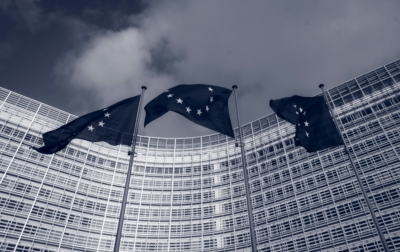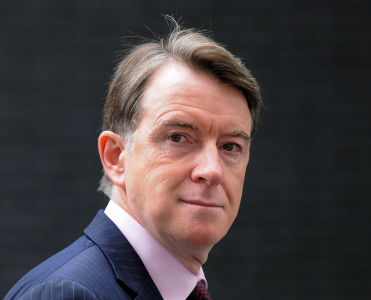Today, the decision by 20 EU Member States to create a European Public Prosecutor’s Office (EPPO) is a breakthrough in the EU’s efforts to fight corruption, according to Transparency International EU, the anti-corruption NGO. The EPPO, which will be an independent EU body based in Luxembourg, will have the authority to investigate and prosecute fraud, corruption and other crimes involving EU funds.
“Crime and corruption do not respect borders, and a European response is long overdue. This Office is 20 years in the making and while it’s still not a European FBI, this is an important step nonetheless” said Carl Dolan, Director of Transparency International EU. “The EPPO is badly needed to protect the interests of EU taxpayers and so we hope for a speedy and successful implementation,” Dolan continued.
The EPPO will complement the work of the European Anti-Fraud Office (OLAF), which is currently only able to make recommendations to national judicial authorities. Only around half of these recommendations have led to actual indictments for the period between 2008 and 2015.
So far, eight EU Member States have not signed up to the new initiative. These are Denmark, Hungary, Ireland, Malta, the Netherlands, Poland, Sweden, and the UK.
“Until all EU Member States sign up to the EPPO, EU funds will still be vulnerable to corruption in countries such as Hungary and Poland. There should be no pockets of impunity in the EU,” concluded Dolan.
According to a recent report, nearly one fifth of OLAF’s investigations and recommendations for financial irregularities in Structural and Agricultural Funds were issued to Hungary and Poland.
To make the European Public Prosecutor’s Office a truly effective body, potential issues around its structure, ethics and independence need to be clarified. The EPPO will have a central office at EU level, which will be complemented by European Delegated Prosecutors in Member States. The Delegated Prosecutors will depend on national colleagues for collecting evidence and other procedures, which differ from country to country.
At present, the EPPO’s main role will be to investigate and subsequently prosecute crimes against the EU budget and serious VAT fraud, but its competencies could be expanded to include all cross-border corruption, according to Transparency International EU. The possibility for the EPPO to investigate such crimes is explicitly allowed for in the current EU treaties.




